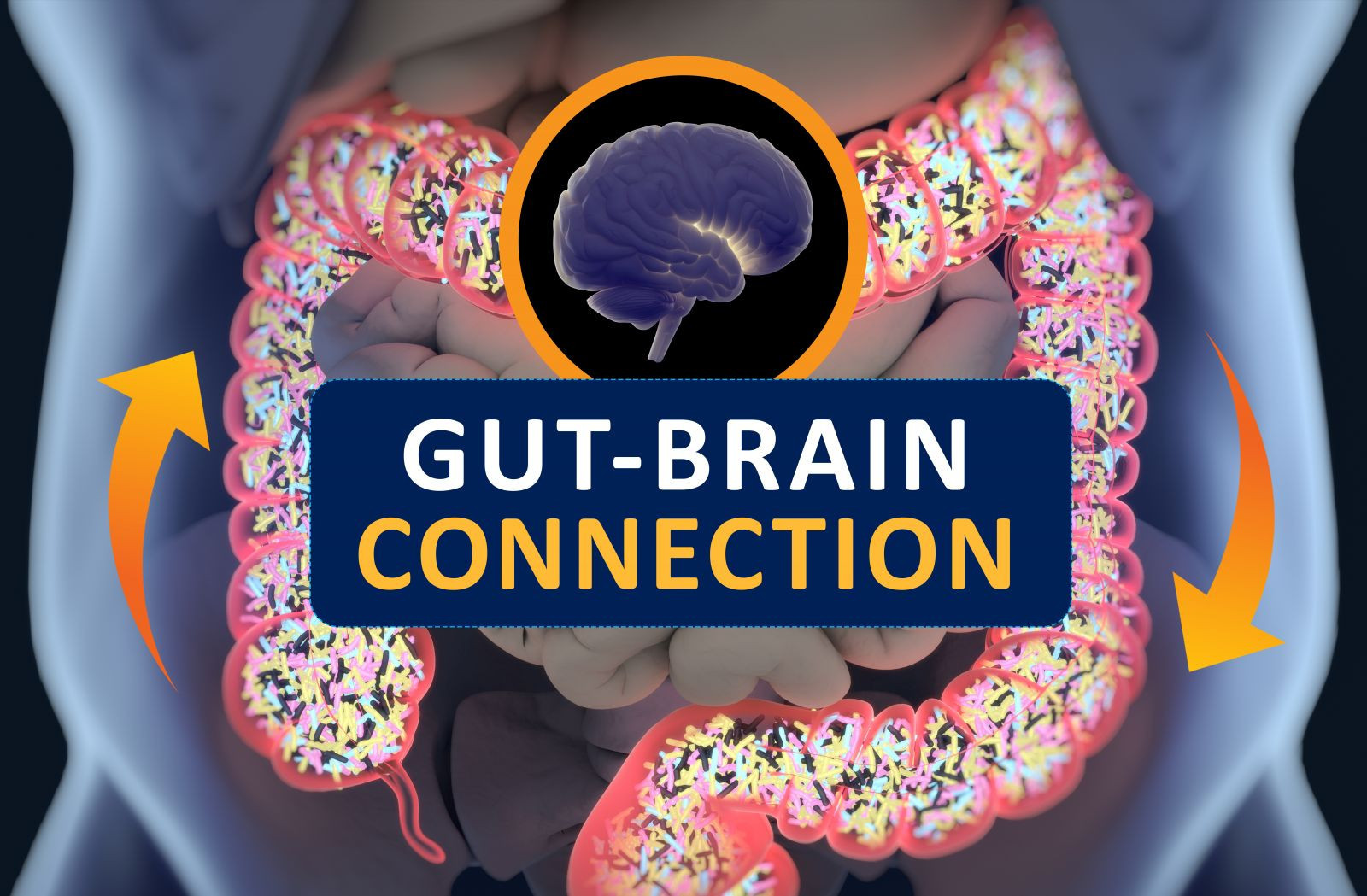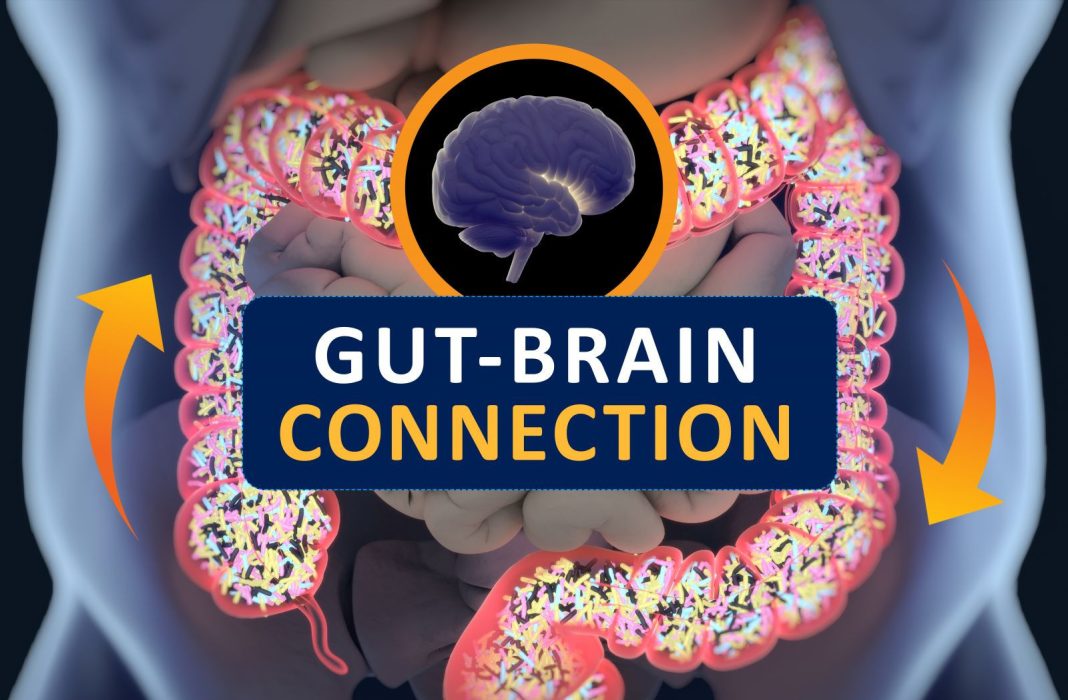 Eli Lilly & Co. announced promising results from a late-stage trial of its weight loss drug, Zepbound, showing benefits for patients with heart failure and obesity. The findings suggest that Zepbound, along with other GLP-1 drugs, may have additional health benefits beyond weight loss and blood sugar regulation. This could potentially lead to broader insurance coverage for these treatments.
Eli Lilly & Co. announced promising results from a late-stage trial of its weight loss drug, Zepbound, showing benefits for patients with heart failure and obesity. The findings suggest that Zepbound, along with other GLP-1 drugs, may have additional health benefits beyond weight loss and blood sugar regulation. This could potentially lead to broader insurance coverage for these treatments.
In the phase three trial, patients who took Zepbound were found to be 38% less likely to experience hospitalization, increased heart failure medication, or death due to heart complications compared to those who received a placebo. Additionally, Zepbound significantly improved heart failure symptoms and physical limitations. The trial followed over 700 patients with heart failure with preserved ejection fraction (HFpEF) and obesity, some of whom also had diabetes.
HFpEF occurs when the heart is unable to pump enough blood to meet the body’s needs. This condition is associated with a “high burden” of symptoms and physical limitations, including fatigue, shortness of breath, and decreased exercise capacity. It is estimated that almost half of all heart failure cases are due to HFpEF, and nearly 60% of these patients also have obesity.
The safety data on Zepbound was consistent with previous trials, with the most common side effects being gastrointestinal issues such as nausea and diarrhea. Eli Lilly plans to submit the trial results to regulators in the U.S. and other agencies later this year. The company’s shares rose more than 3% in premarket trading following the announcement.
Eli Lilly’s main competitor in the GLP-1 market, Novo Nordisk, is already ahead in seeking approval for its weight loss drug, Wegovy, for the treatment of patients with HFpEF. In April, the FDA granted approval for Wegovy to reduce the risk of serious heart complications. Both Eli Lilly and Novo Nordisk are also studying their respective drugs in patients with chronic kidney disease and fatty liver disease, among other conditions.
GLP-1 drugs work by mimicking hormones produced in the gut to suppress appetite and regulate blood sugar. Zepbound targets both the GLP-1 and GIP hormone receptors, while Wegovy targets only the GLP-1 receptor.
The promising results from Eli Lilly’s trial highlight the potential of Zepbound as a treatment for patients with heart failure and obesity. The findings add to the growing body of evidence supporting the broader health benefits of GLP-1 drugs. If approved by regulators, Zepbound could provide a valuable option for patients with HFpEF, addressing their symptoms and improving their quality of life.


